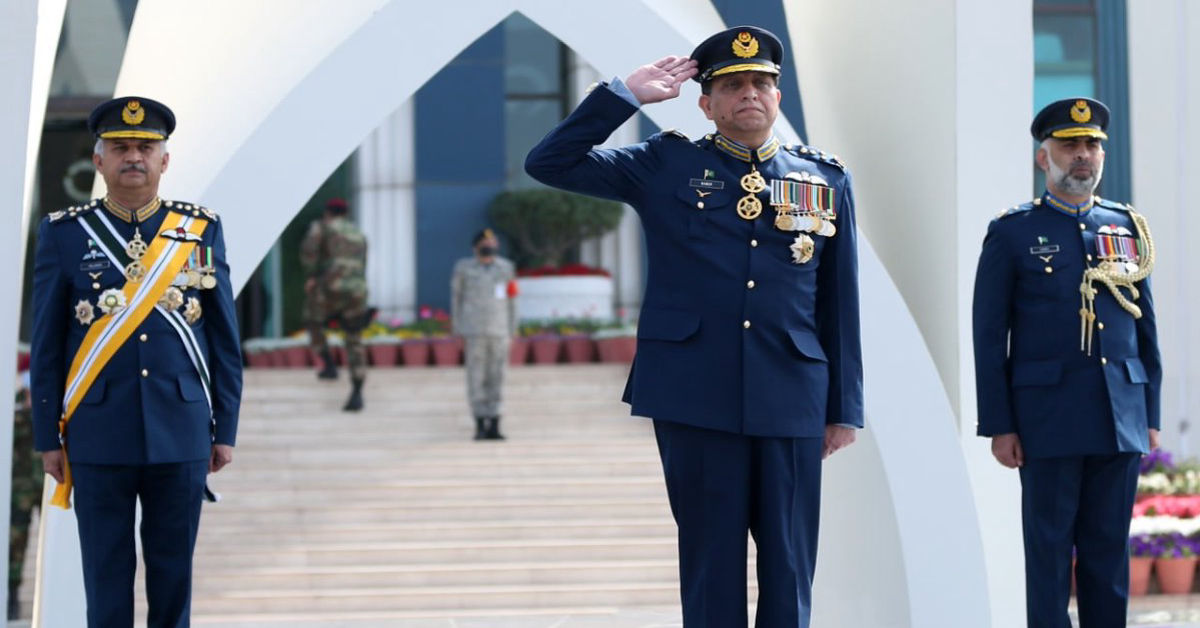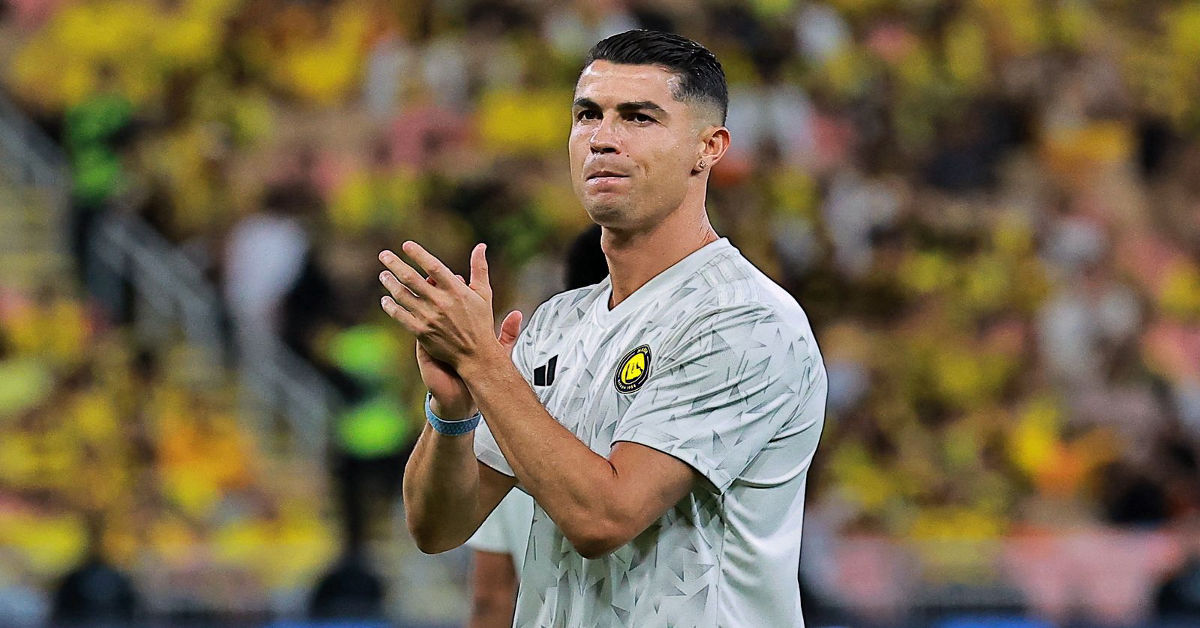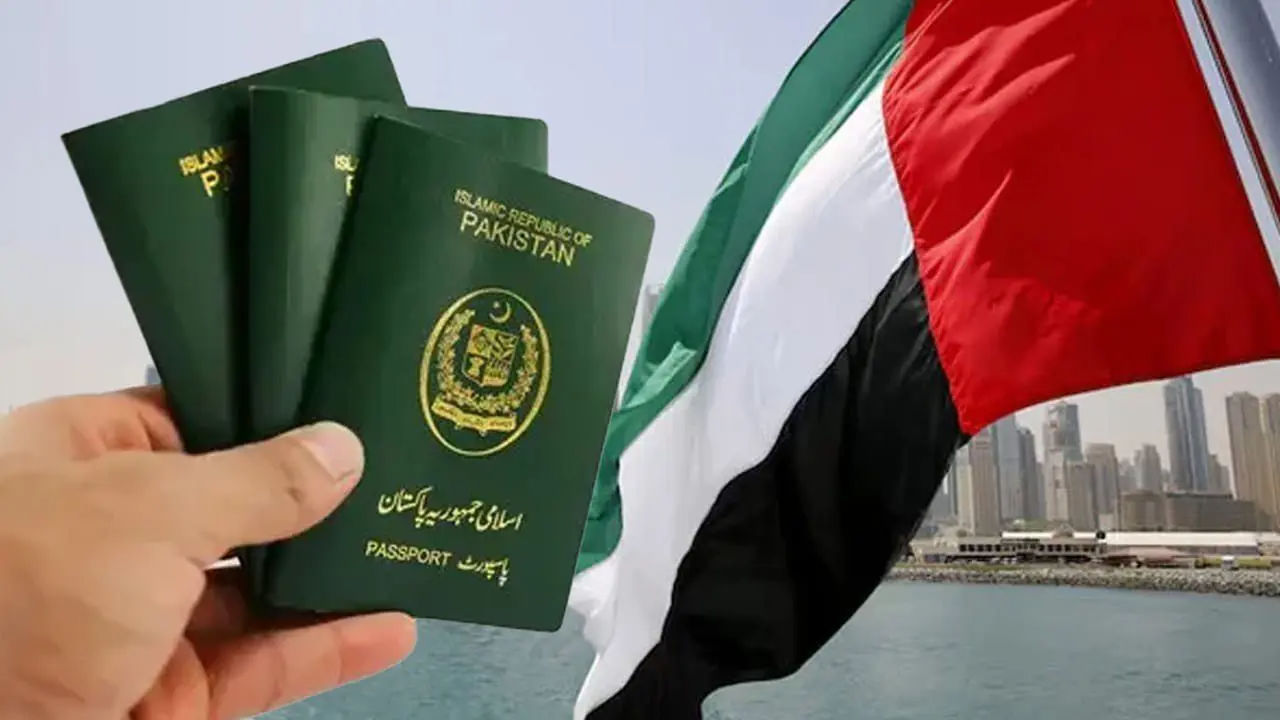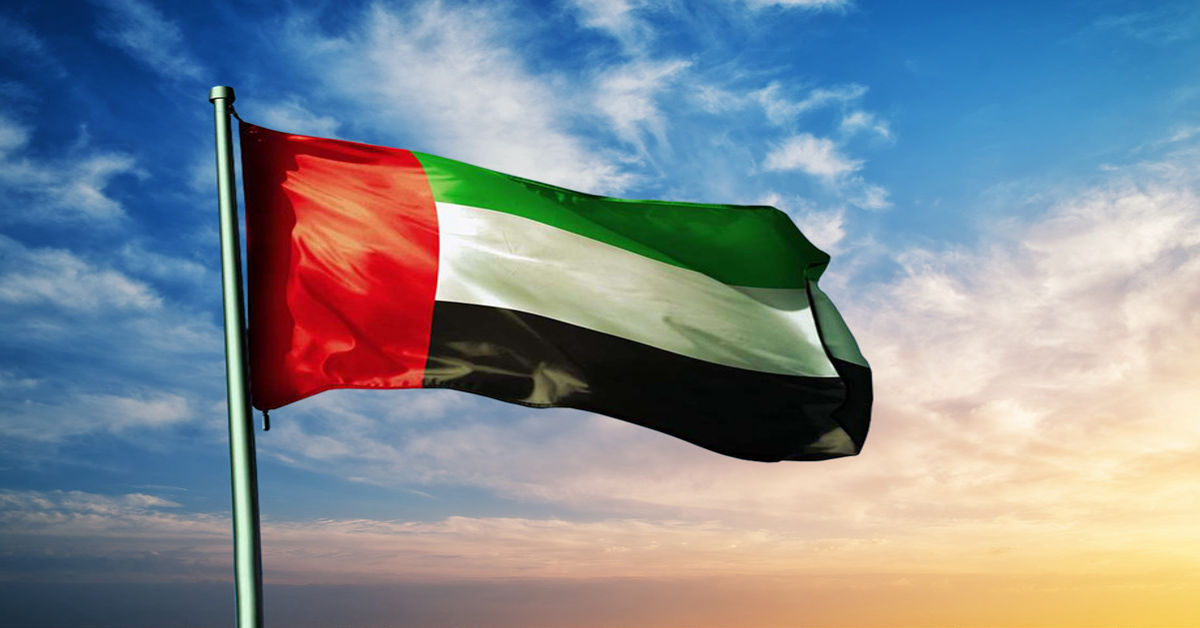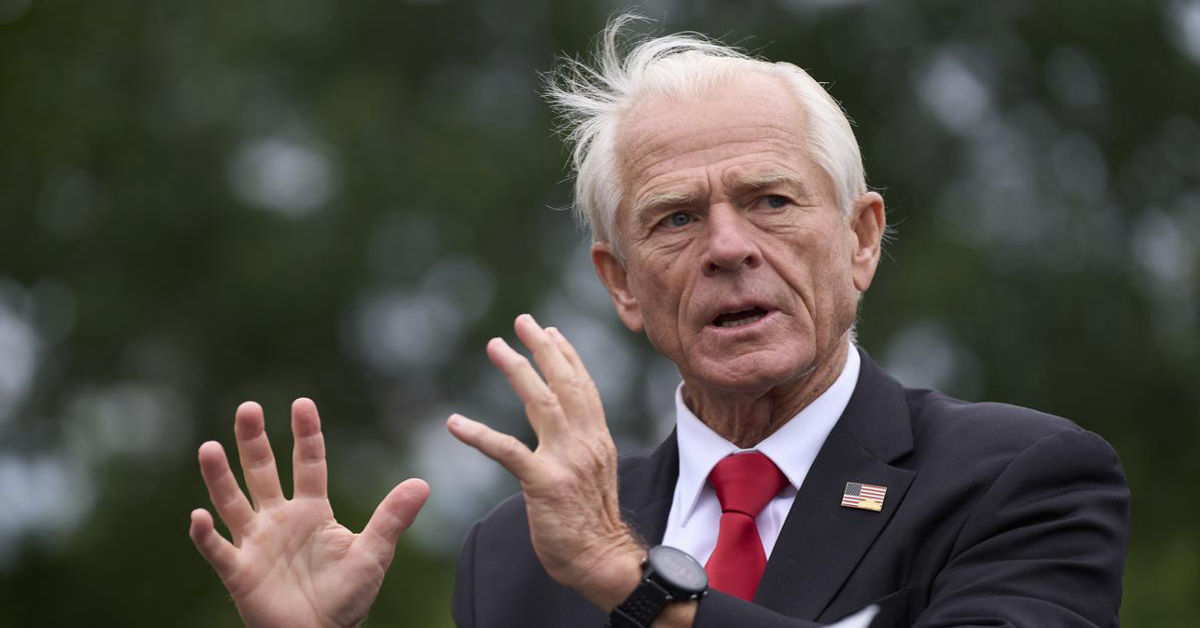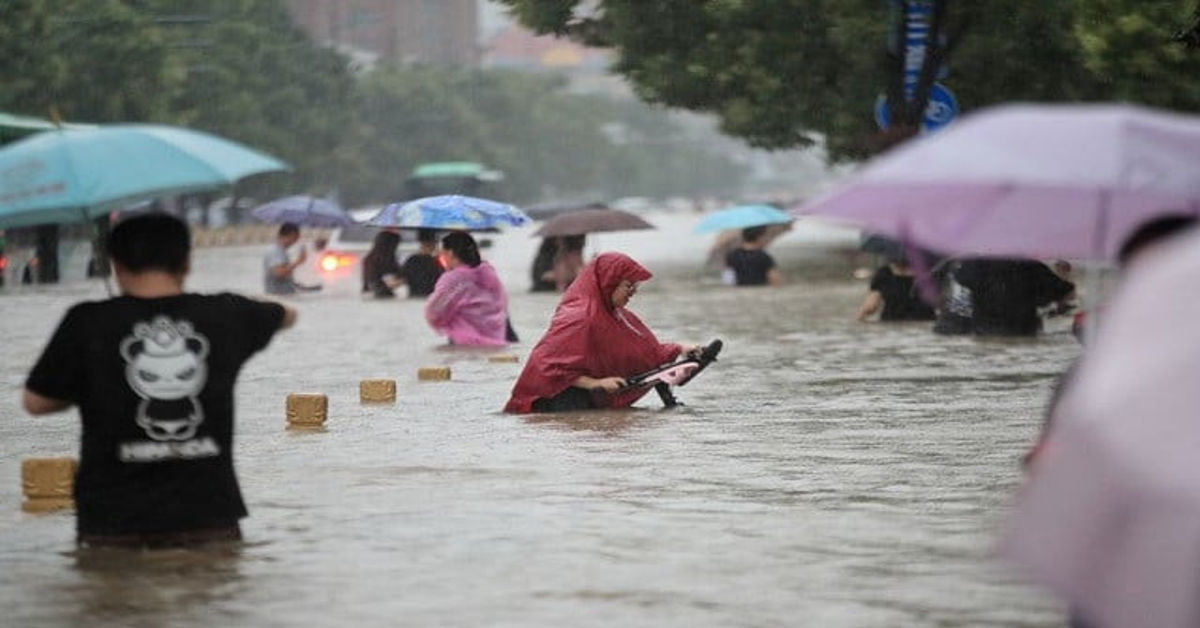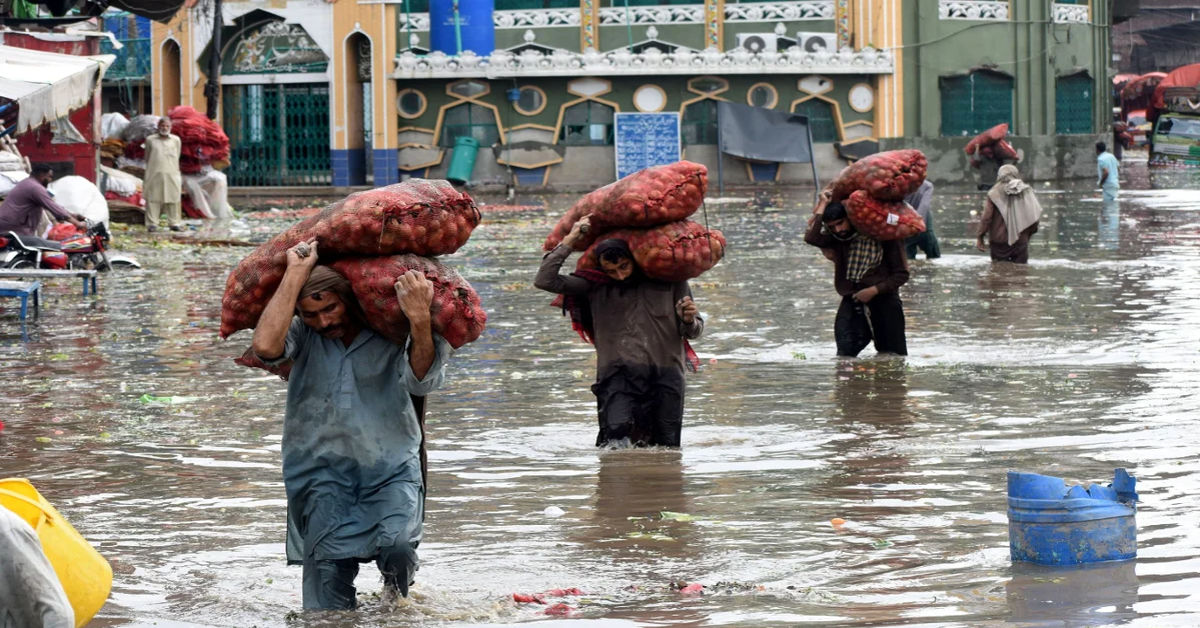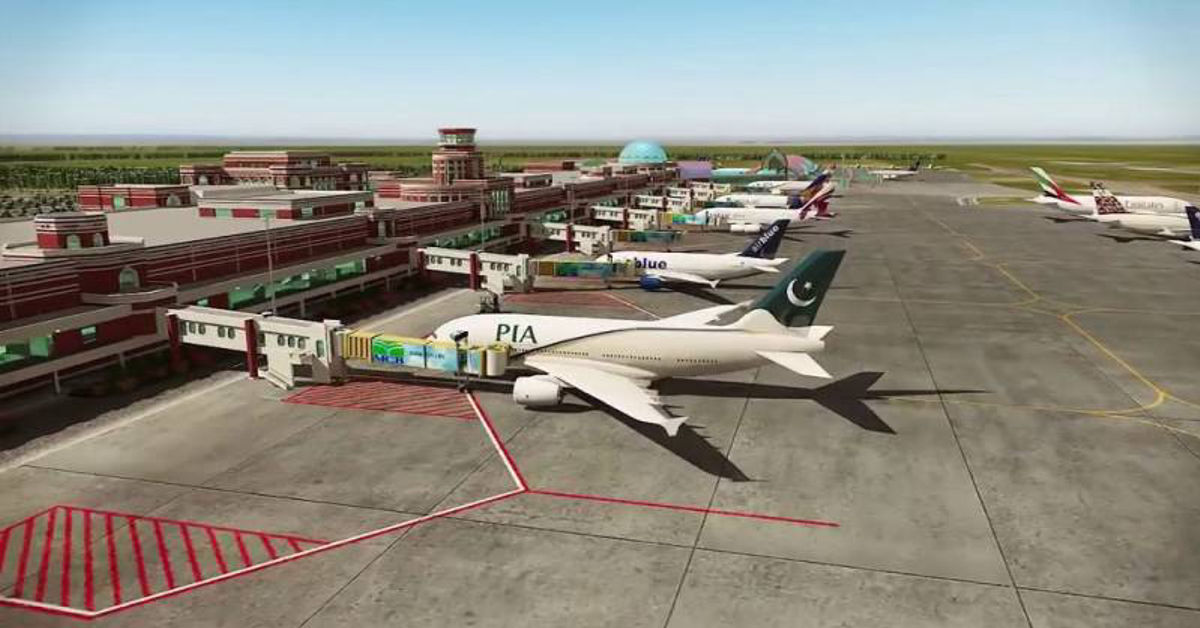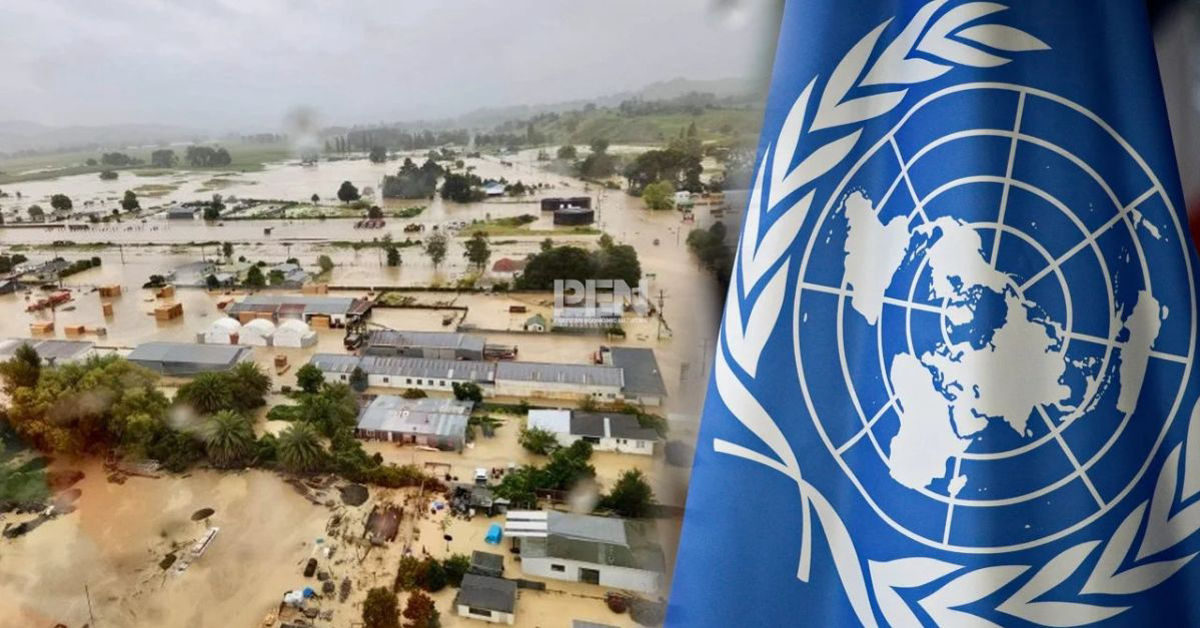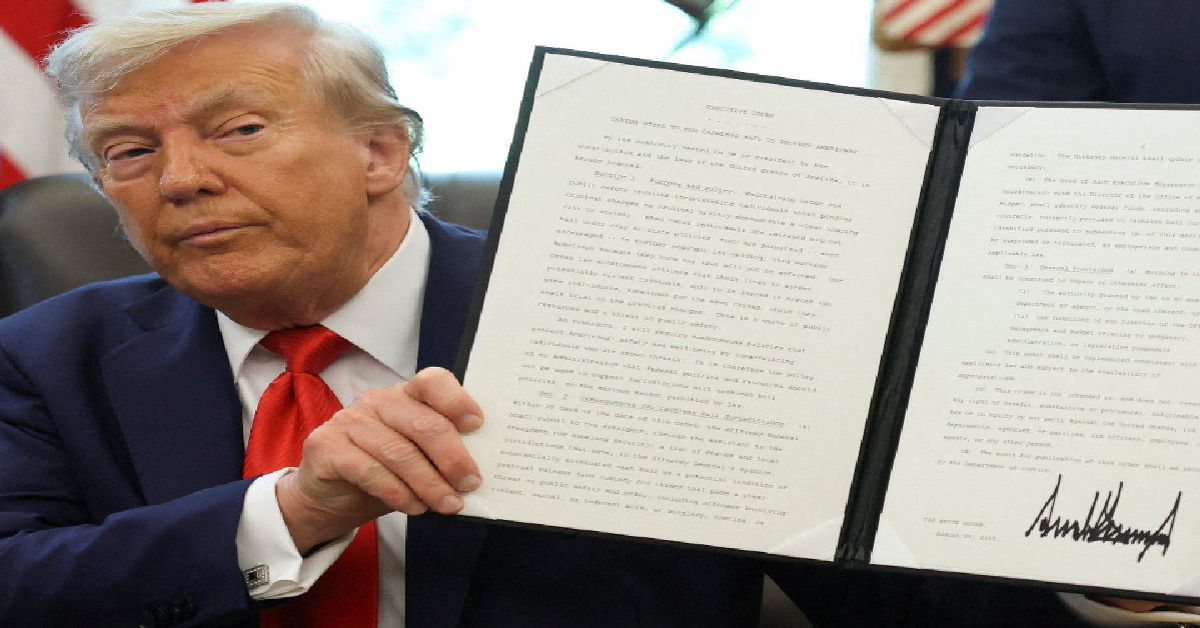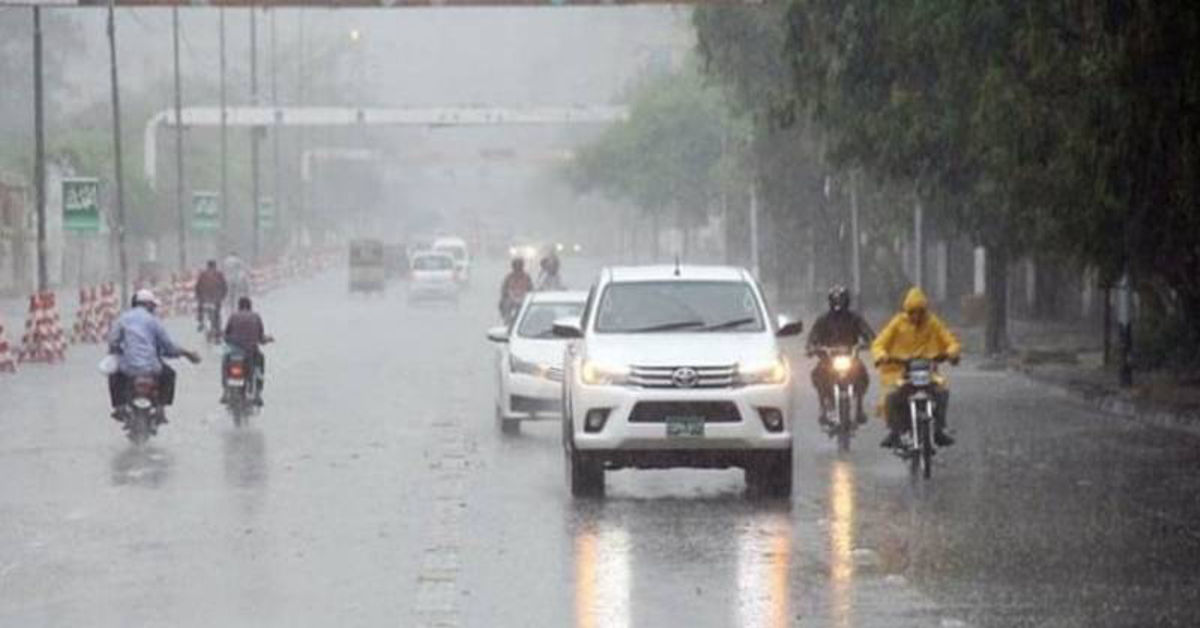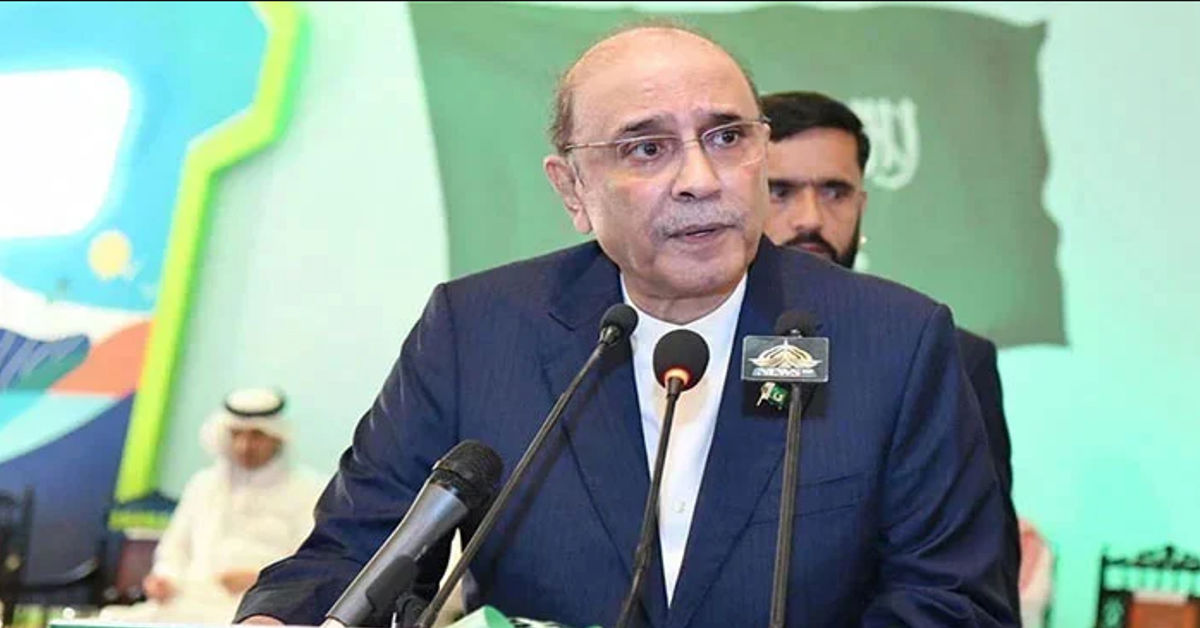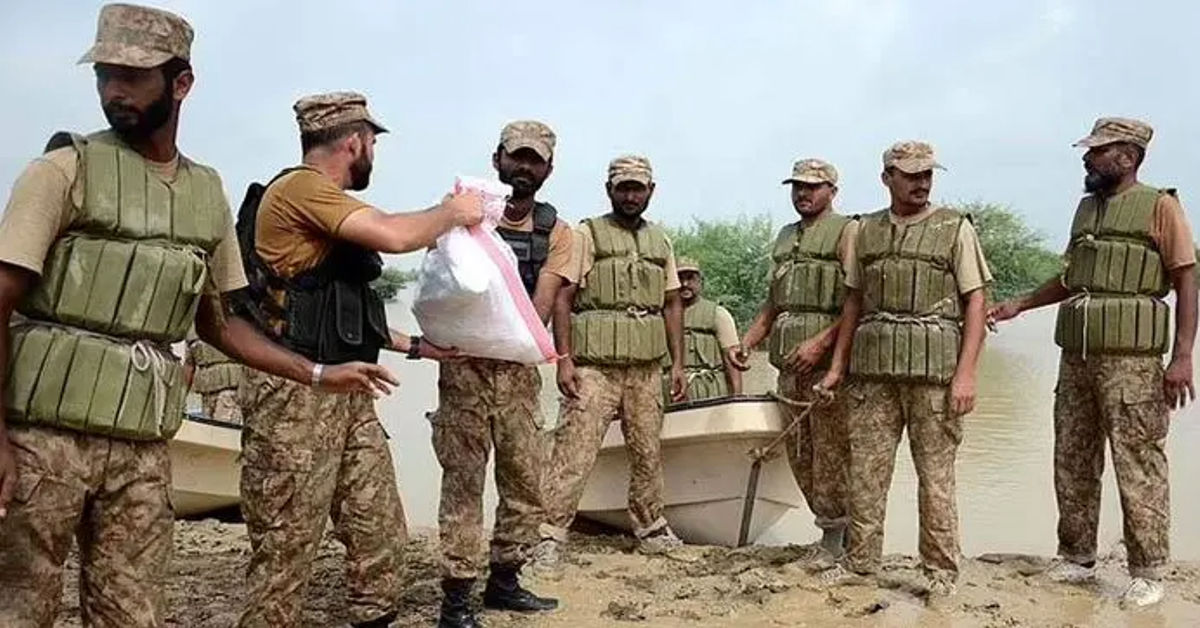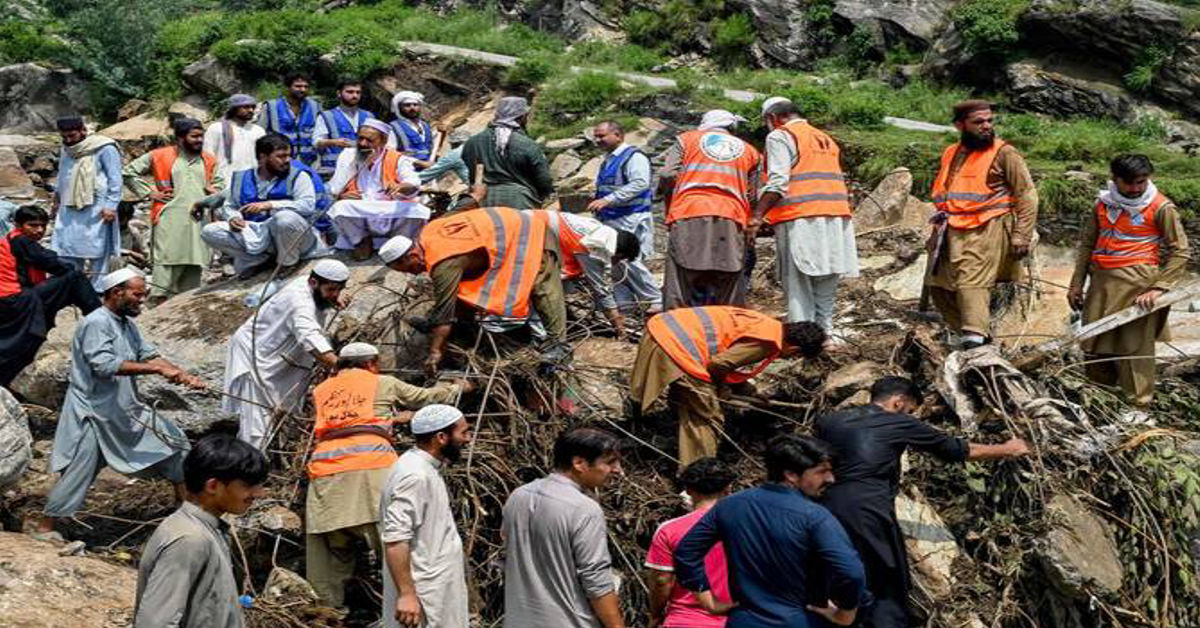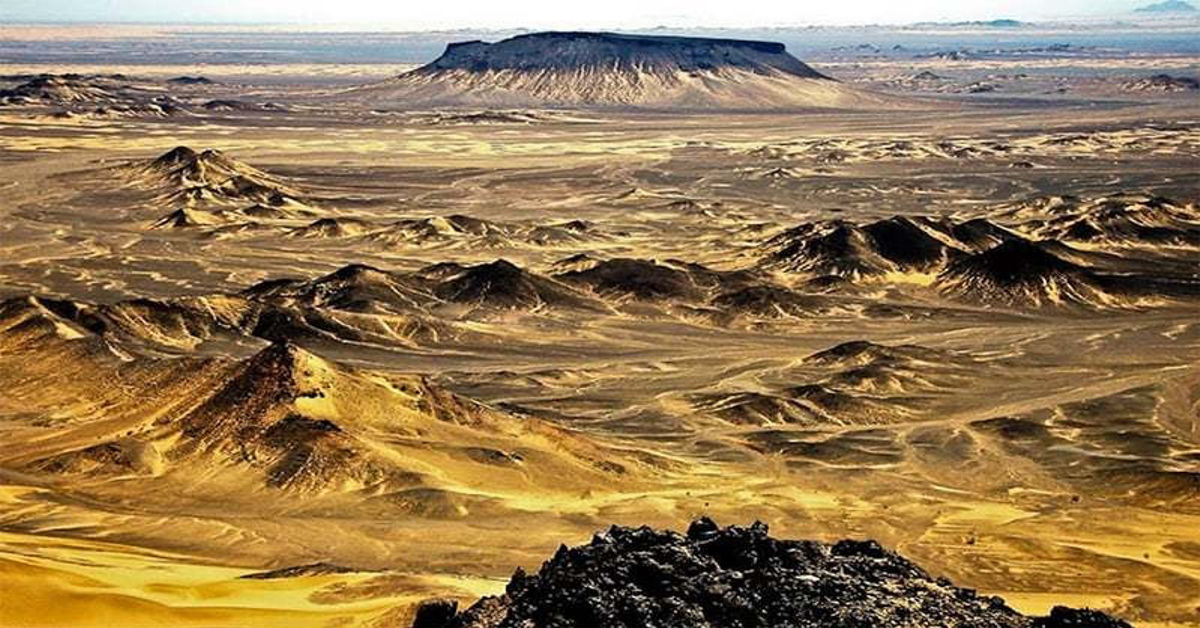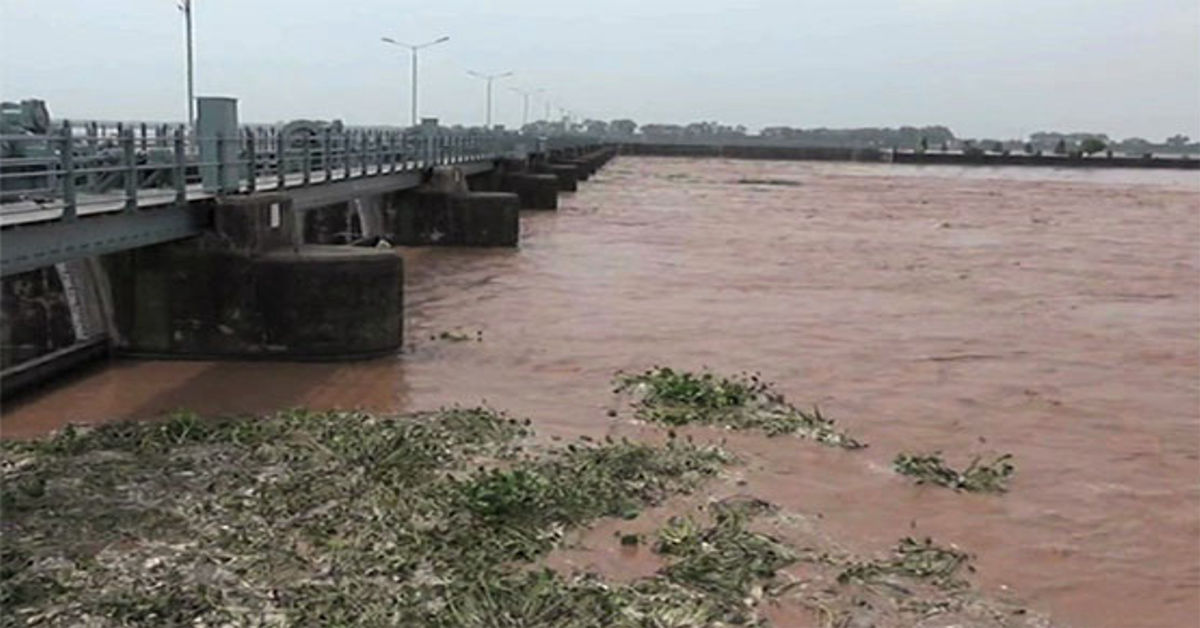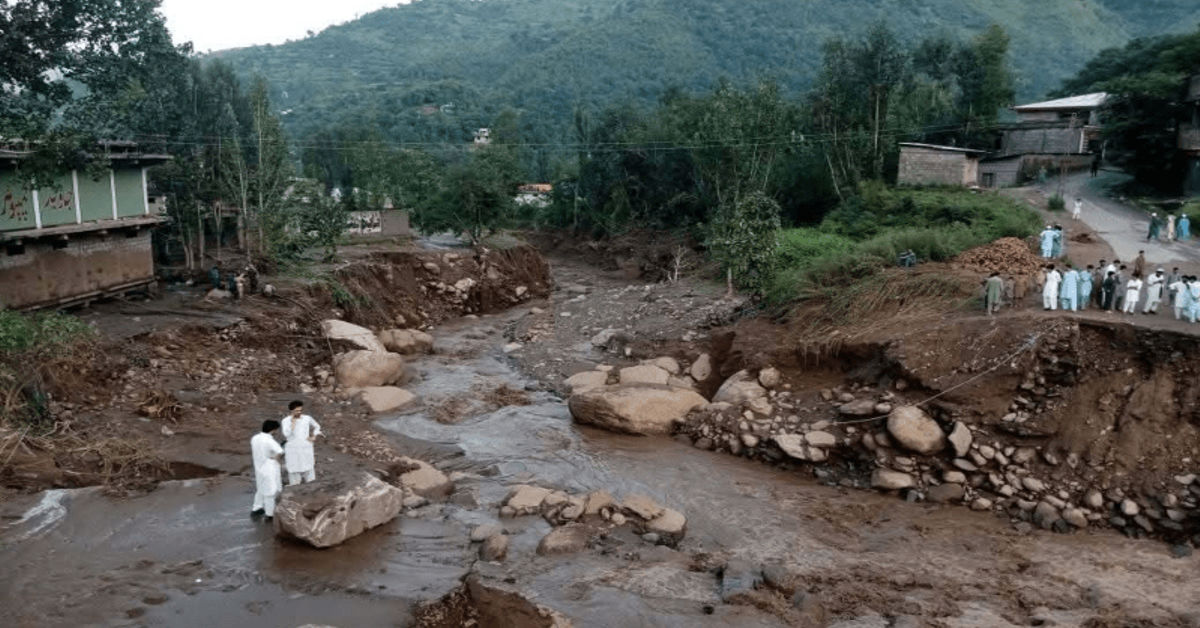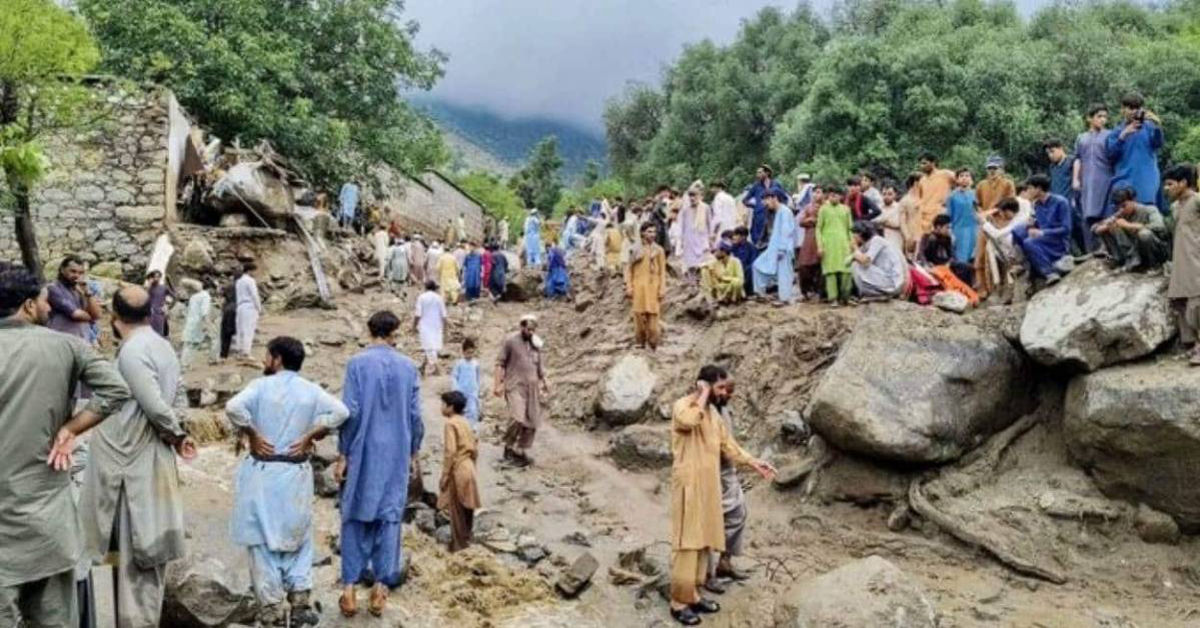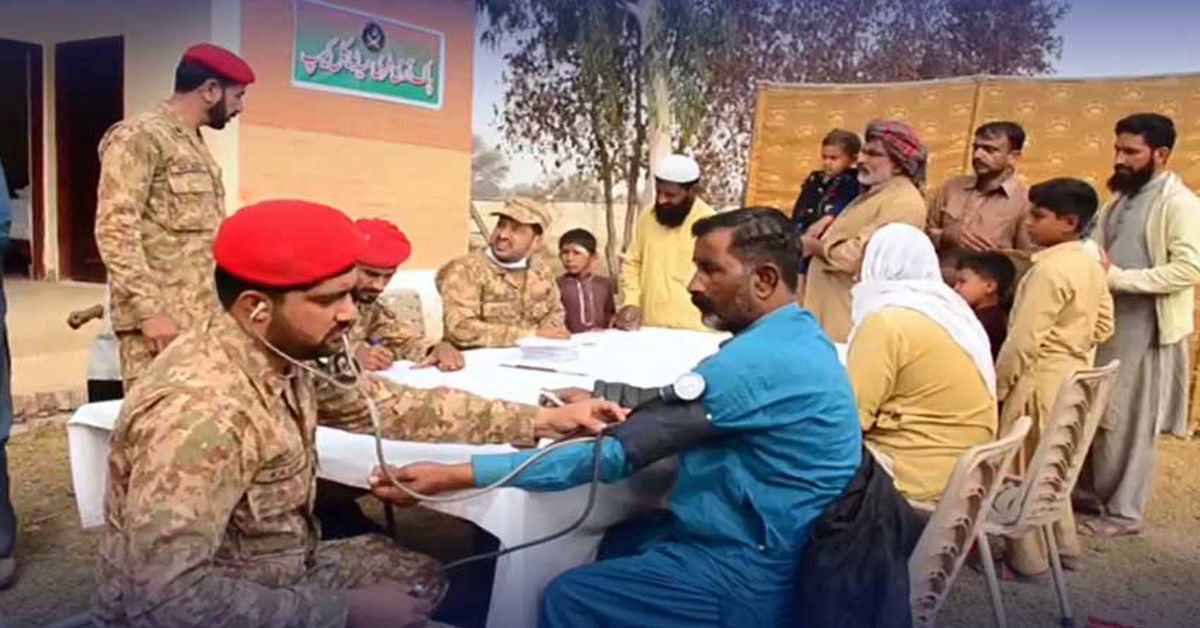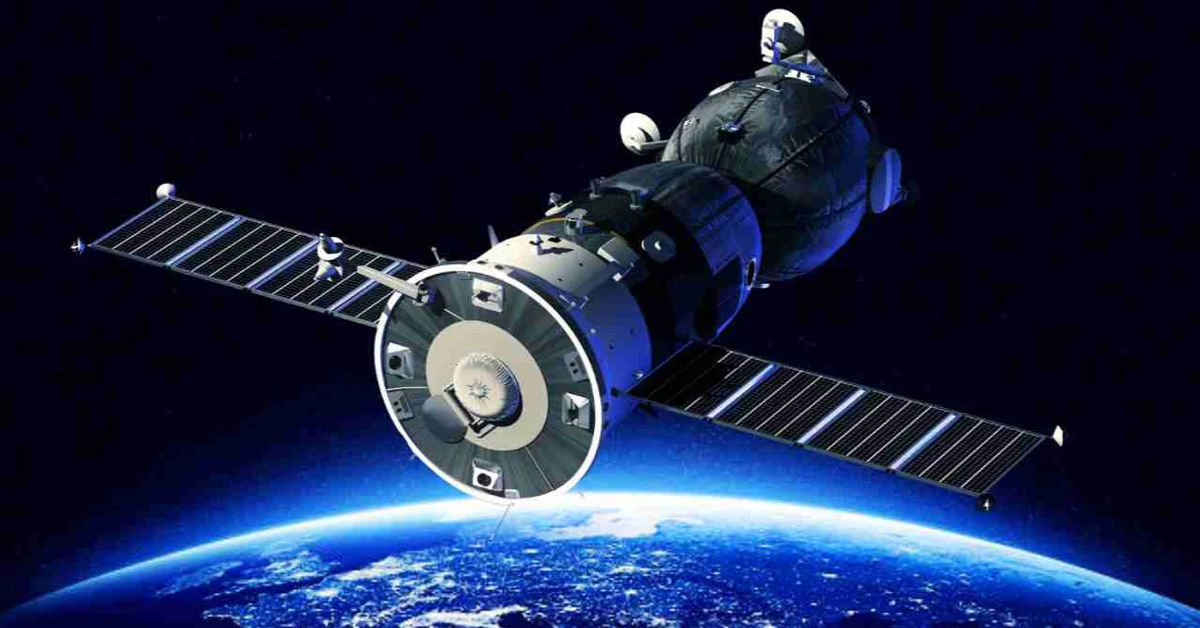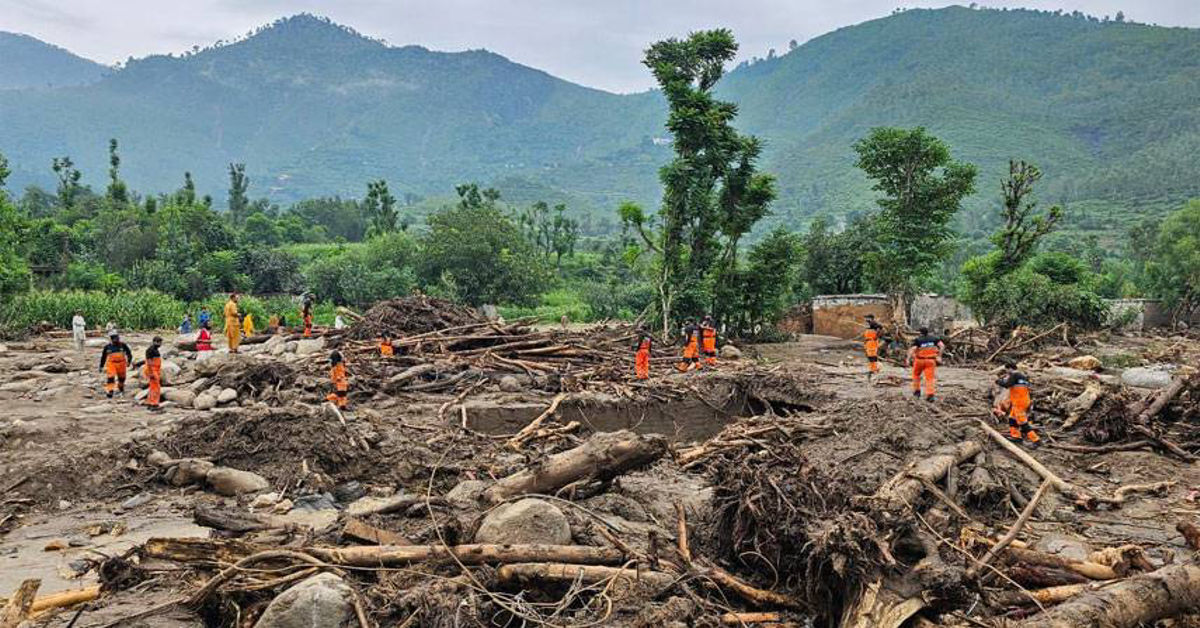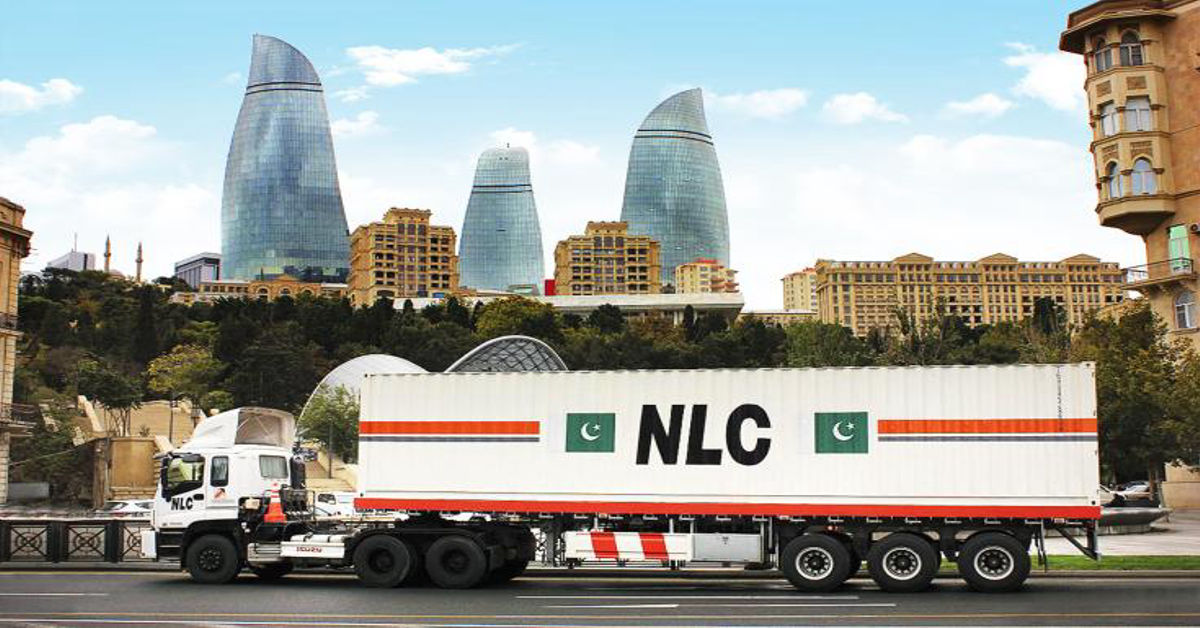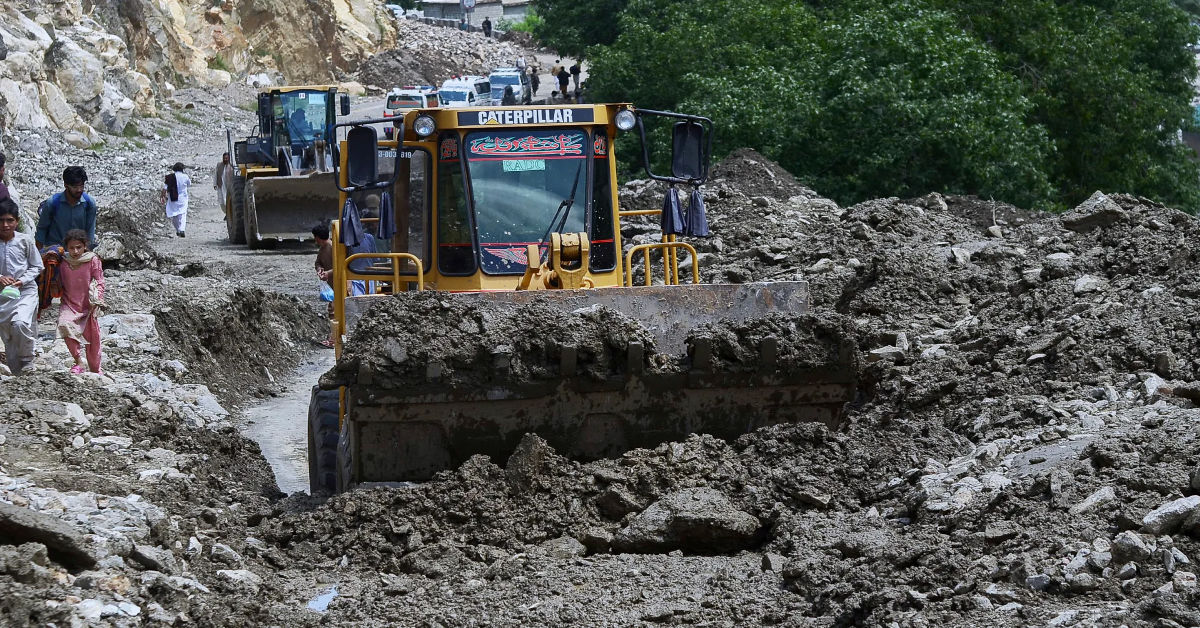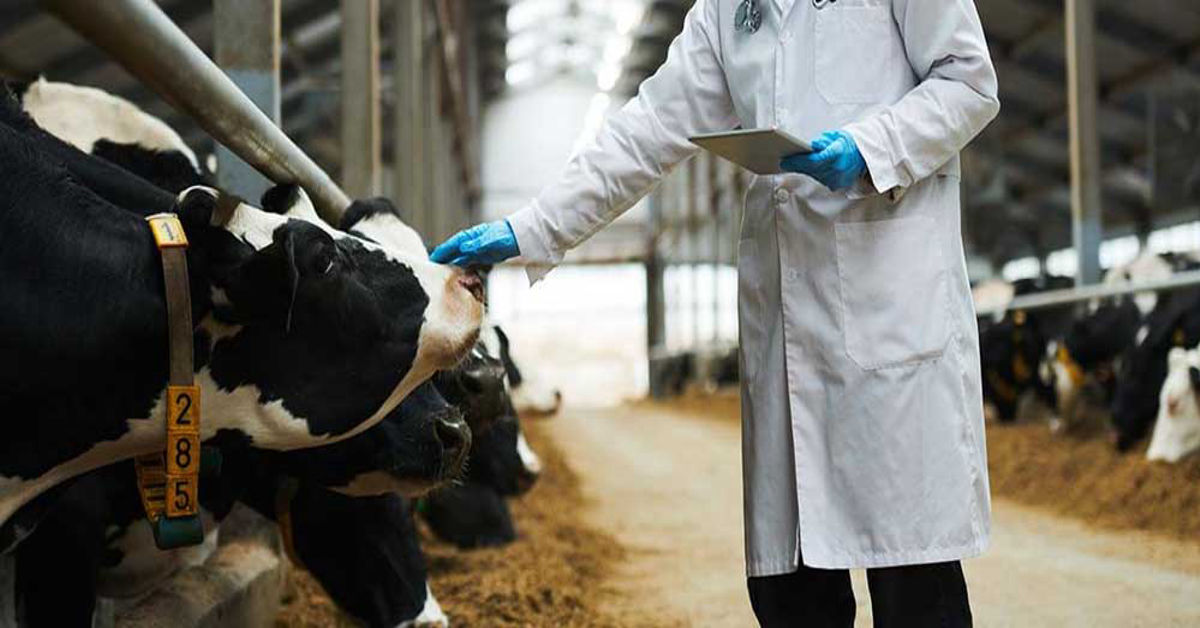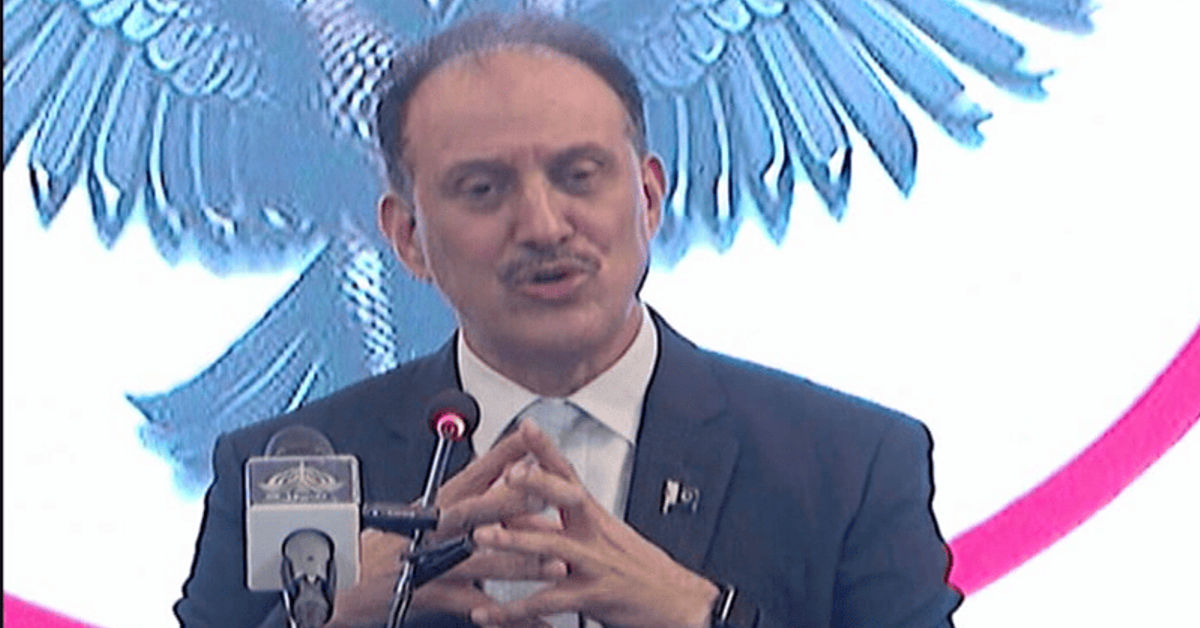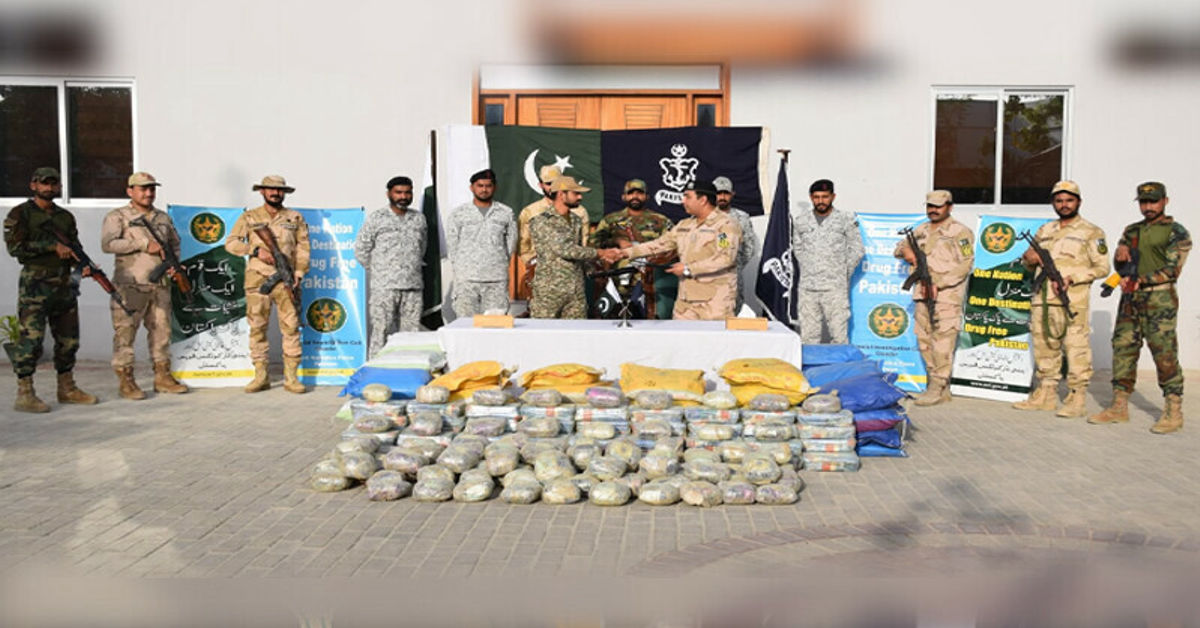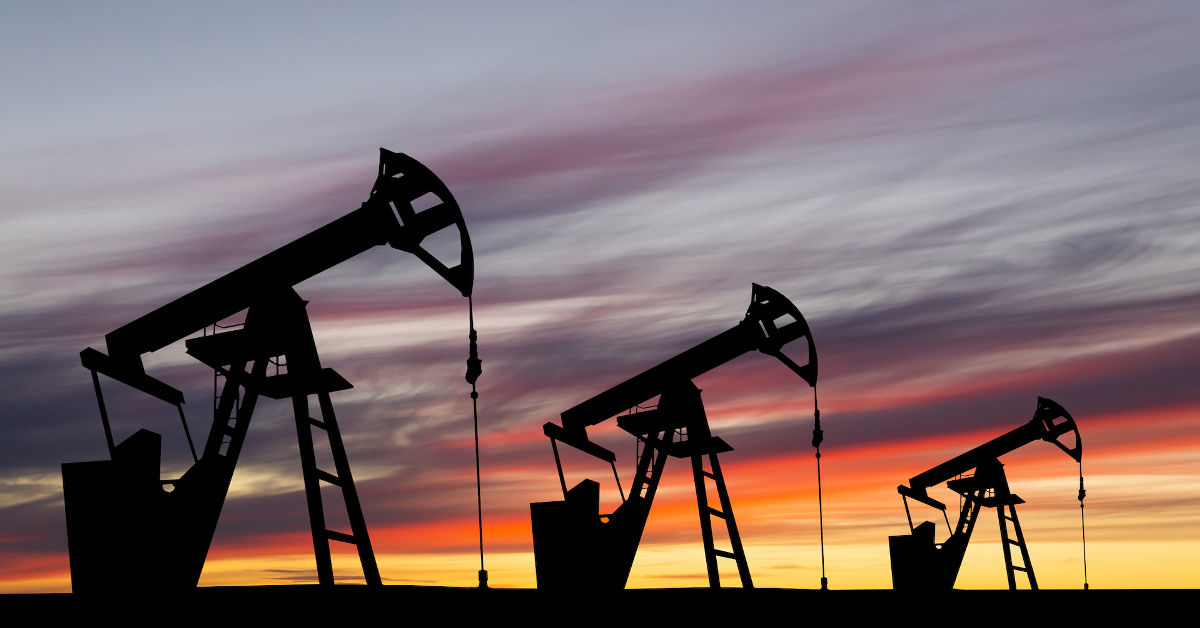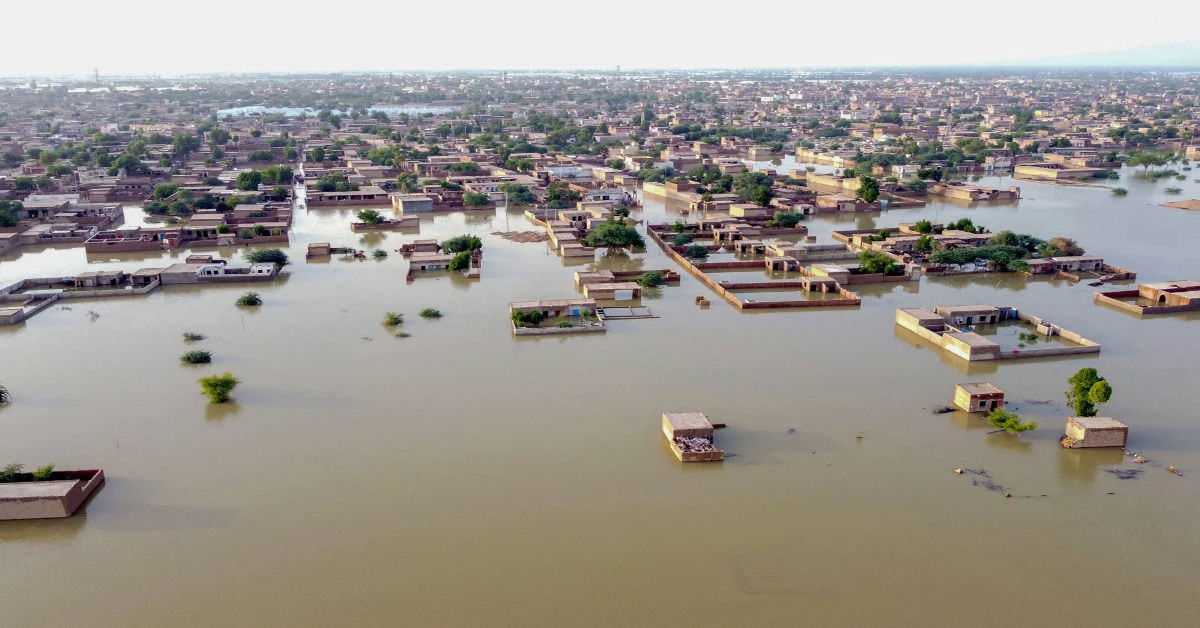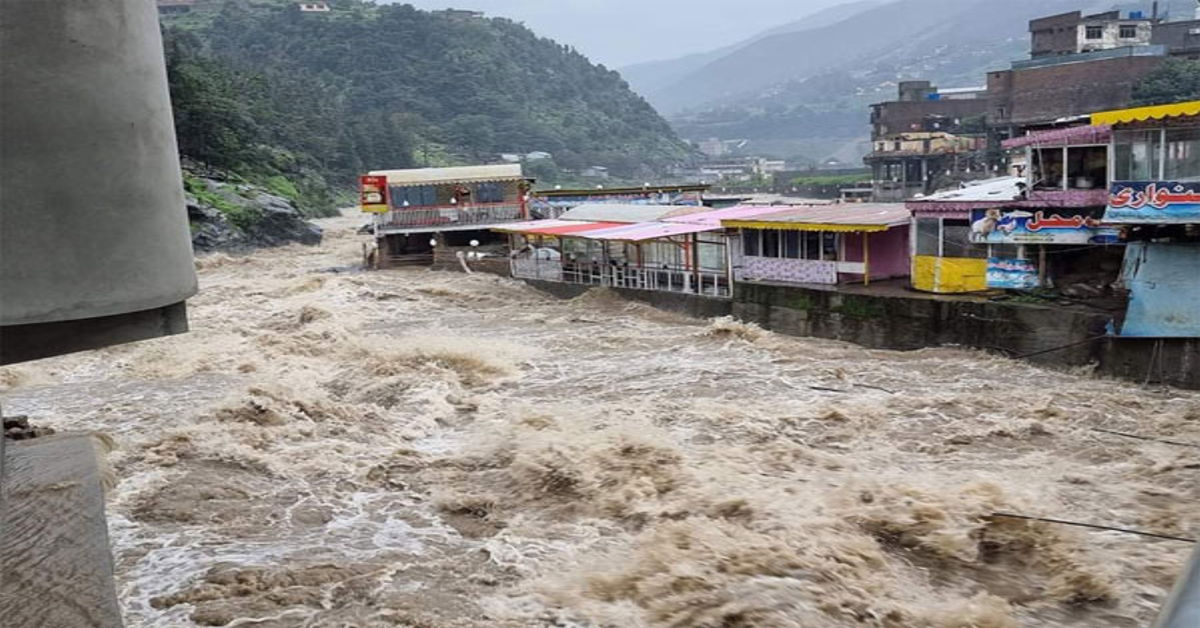
The economy in Russia suffered a big blow when oil and gas revenue decreased by more than one-third in May 2025. In comparison to the same month last year, the Russian Finance Ministry says that earnings in these important sectors were down by 35.4% and about $6.5 billion. That means Nigeria’s economy struggles due to its big reliance on energy sales. As oil prices drop globally, Russia has to deal with a serious economic challenge and struggle to maintain stability in its finances.
A drop in oil prices over five months
The cause of the slowdown in May is not unique. From January to May 2025, the revenues from oil and gas in Russia declined by 37.4% and stood at 4.24 trillion rubles. The decline illustrates that the Russian economy is very dependent on worldwide energy costs. The fast fall in Russia’s revenue has made many experts wonder if the current economy can handle such changes and if the country is using the best strategy to react to changes in global markets.
Oil Prices Cuts into Governments’ Budget Plans
A big part of the ongoing decrease in revenue is Global oil prices are declining. Over this period, the price of Brent crude, one of the world’s main oil benchmarks, has dropped by more than 11%. Because of this fall, the Russian state’s income has been affected significantly since it relies largely on expected oil and gas export earnings. As oil prices fluctuate a lot due to worldwide political issues, Russia has become more exposed to financial risks because it relies too much on oil.
Budget Deficit Puts Extra Pressure on Economy
A bigger budget deficit is also making the nation’s financial situation worse. The Russian Finance Ministry noted that between January and April 2025, it had a 3.2 trillion-ruble deficit. As the government’s income falls faster than it can reduce expenses, the authorities borrow from reserves or from individuals and companies within the country. Both choices carry risks that people may feel in the long run. The deficit limits funds the government could use for building roads, supporting citizens, and strengthening defense, while also damaging investor confidence and lowering official credit ratings.
Impact on Domestic Issues May be Important
The expected decline in revenue will likely influence many parts of everyday life in Russia. The government may reduce or delay support for pensions, employment wages, and subsidies because of the drop in oil and gas profits. Overall, when the government covers its shortfall by printing more money, the risk of inflation can go up. Low state income can lead to less spending on schools, hospitals and roadworks which could make life worse for several million Russians.
Challenges of Global Market
Russia’s issues are representative of large changes taking place in the world’s energy sector. Weaker demand for energy in Europe and Asia and growth in renewable energy sources, are lowering profits for traditional exporters. Sliding oil prices and more suppliers on the market require the Russian oil and gas industry to make changes to survive. The drop in oil prices displays that the current approach of exporting fossil fuels can no longer support the economy.
Policies and Sanctions Remain Important
In addition, Western sanctions continue to affect Russia’s earnings from oil and gas. A number of Western nations have reduced their purchases of Russian energy, aimed supply chains elsewhere or established price caps which affects Russia’s income. Even as Moscow seeks to expand in Asian and Middle Eastern markets, it keeps encountering logistical troubles and competition in pricing. Given the combination of sanctions and oil price drops, it is especially hard for Russia to recover, even in places that remain friendly.
Actions by the Government and What to Expect in the Future
So far, the Russian authorities have backed their decisions with the National Wealth Fund and are trying to raise tax income from Russians. Still, these efforts are likely to act as only short-term answers. Some long-term applied changes include expanding the economy, putting more effort into agriculture and new technologies and making less use of volatile commodities. Nevertheless, leaders cannot carry out such transformations overnight, as they demand a lot of work and capital, which may pose a problem during a financial downturn.
Financial Markets have Responded to Crisis
The world economy has observed Russia’s loss of revenue and experts are saying that mounting financial issues might impact Moscow’s actions abroad. Kremlin officials are now working to make the economy less volatile while avoiding measures that most people would dislike. People are examining the Russian currency and bond markets for more signs of shakiness. Energy-importing nations are using the current factors to secure better energy prices and increase their sources of energy.
Conclusion
All in all, the significant drop in Russia’s oil and gas revenue of 35.4% in May and 37.4% in the first five months of 2025 has brought the country’s economy to a key point. Because of a drop in oil prices and major changes in global energy patterns, Russia needs to consider the problems with its oil-driven model. Having a deficit of 3.2 trillion rubles highlights that the country might be facing challenges long into the future. Moscow may adapt to these new realities or keep suffering as oil prices fall, but it needs a new economic plan right now.


